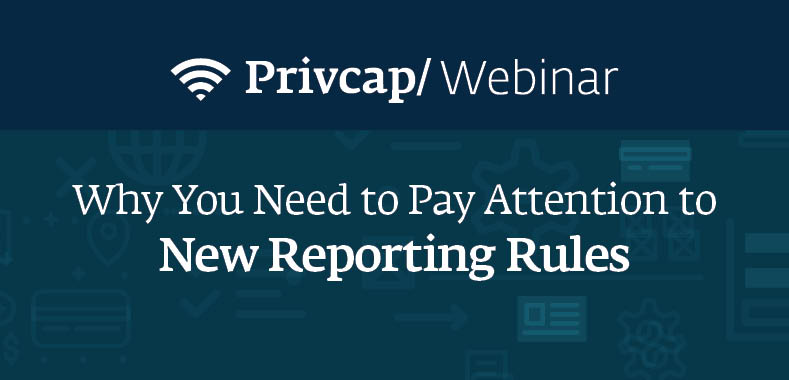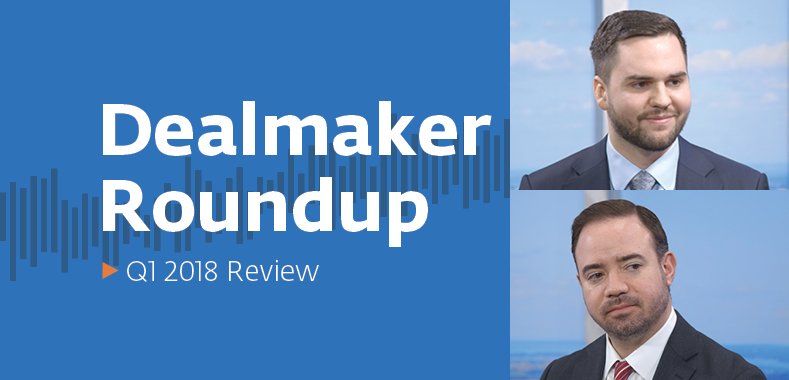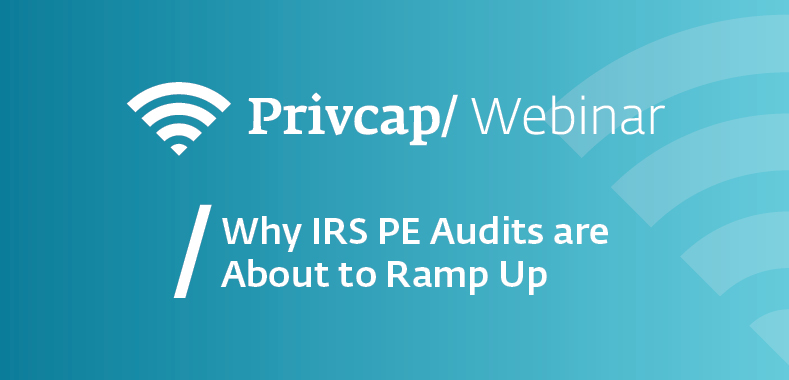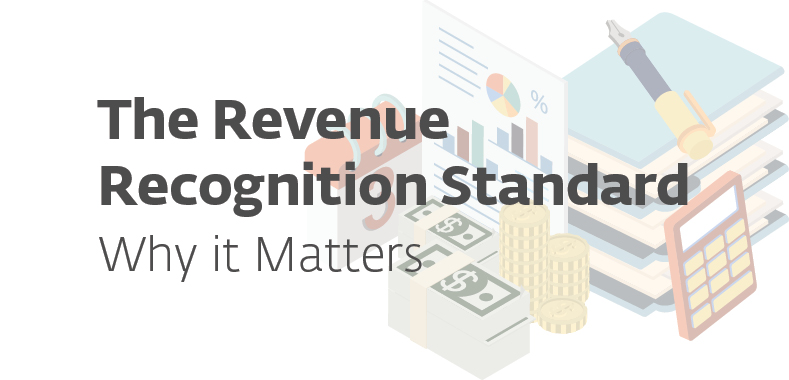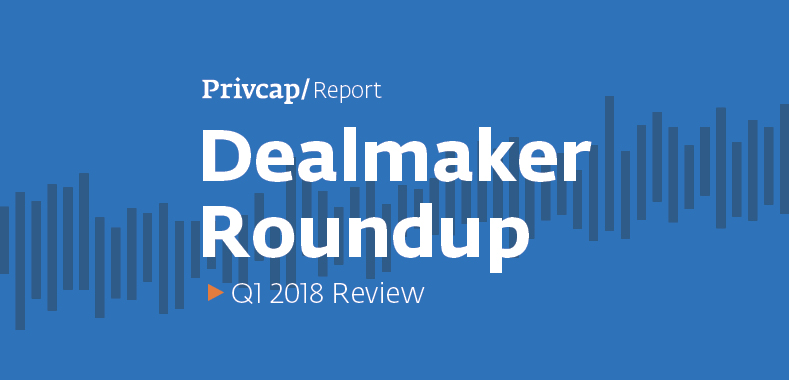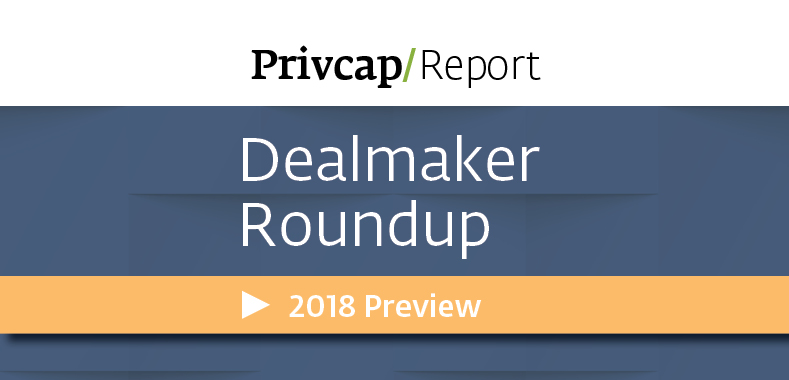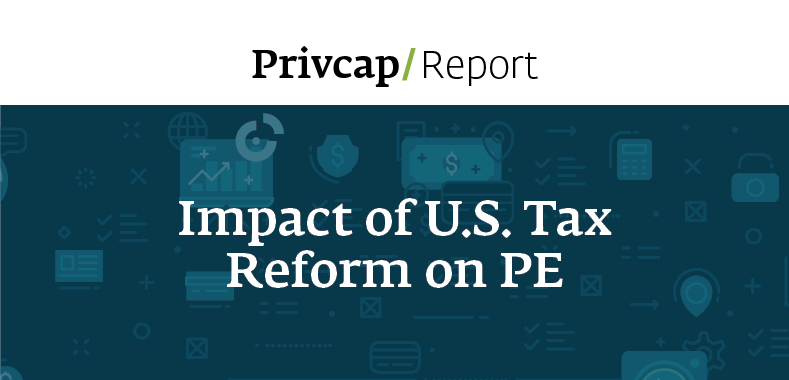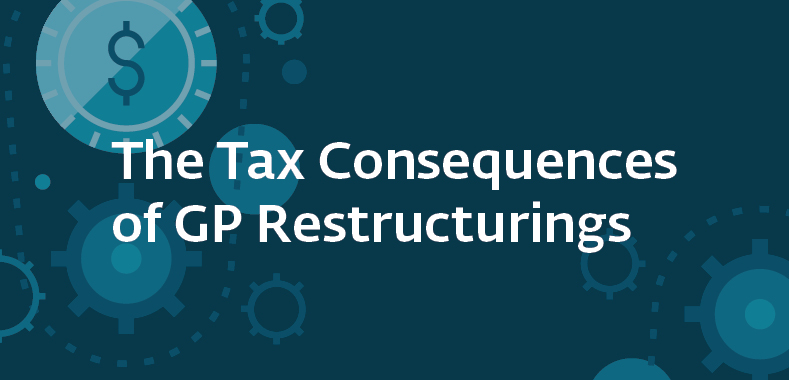Expert Q&A: The Revenue Recognition Standard – Why it Matters
Download this article
What your PE firm needs to know about the impact of this change
Privcap: Why is it critical for a PE firm to know about the new revenue recognition standard?
Stacy Dow, RSM US LLP: This standard is impactful because it affects revenues and costs and the timing and allocation of revenue. If you think about things like EBITDA, debt covenants, metrics, all those trends will change as a result. To get ahead of these changes, PE firms need to understand what these changes entail. For example, if a PE portfolio company is acquired by a public company, it most likely has already adopted the standard as of January 2018. It’s critical to be in compliance with that standard within the next quarter. That is a short window of time.

RSM US LLP
What impact this will have on certain types of business?
Dow: I would organize it more by industry group and those that enter into multiple element arrangements, sell a variety of products and services together in the same arrangement with the customer, like technology companies, life sciences, construction, engineering. They could see changes in terms of how they allocate revenue to different products or services in those arrangements, capitalized costs, etc., all which will impact EBITDA.
In other industries—like consumer products, industrial manufacturing, manufacturing, arrangements involving loyalty, reward programs, returns—the standard requires an estimation of a reserve for returned goods. You also now have to put an asset on the books for the right to receive that inventory and value that inventory and test it for impairment.
What can we learn from the public adoption?
Dow: We learned that there’s a significant amount of time and effort required to adopt this standard, that there are judgments and estimates that require information that may not be tracked historically. Therefore, coordination is needed within different groups in the organization in order to adopt the standard effectively. This standard is an estimate and judgment-based standard, whereas we’re moving from a standard that was rules-based.
What advantages do PE firms have by adopting the standard?
Dow: Private equity groups have the ability, unlike a standalone private company, to utilize all the resources available to them across their portfolio to streamline this process in a thoughtful and strategic way. The financial teams at firms should understand how the new standard will impact how they negotiate with lenders, prepare for sale, as well as how to manage contracts, arrangements with customers, and costs. They need to account for all of this.
How would you recommend that a GP get started rolling this standard out to their portfolio?
Dow: They should segregate their portfolio by a number of characteristics: the significance of the impact—how significant is the impact? What industries are they investing in? The competency of the management team, and the availability of resources to implement this standard. Bottom line, think about attacking those high-priority portfolio companies first in this process.
For more insights on this standard, visit rsmus.com/revrec.
What your PE firm needs to know about the impact of this change


